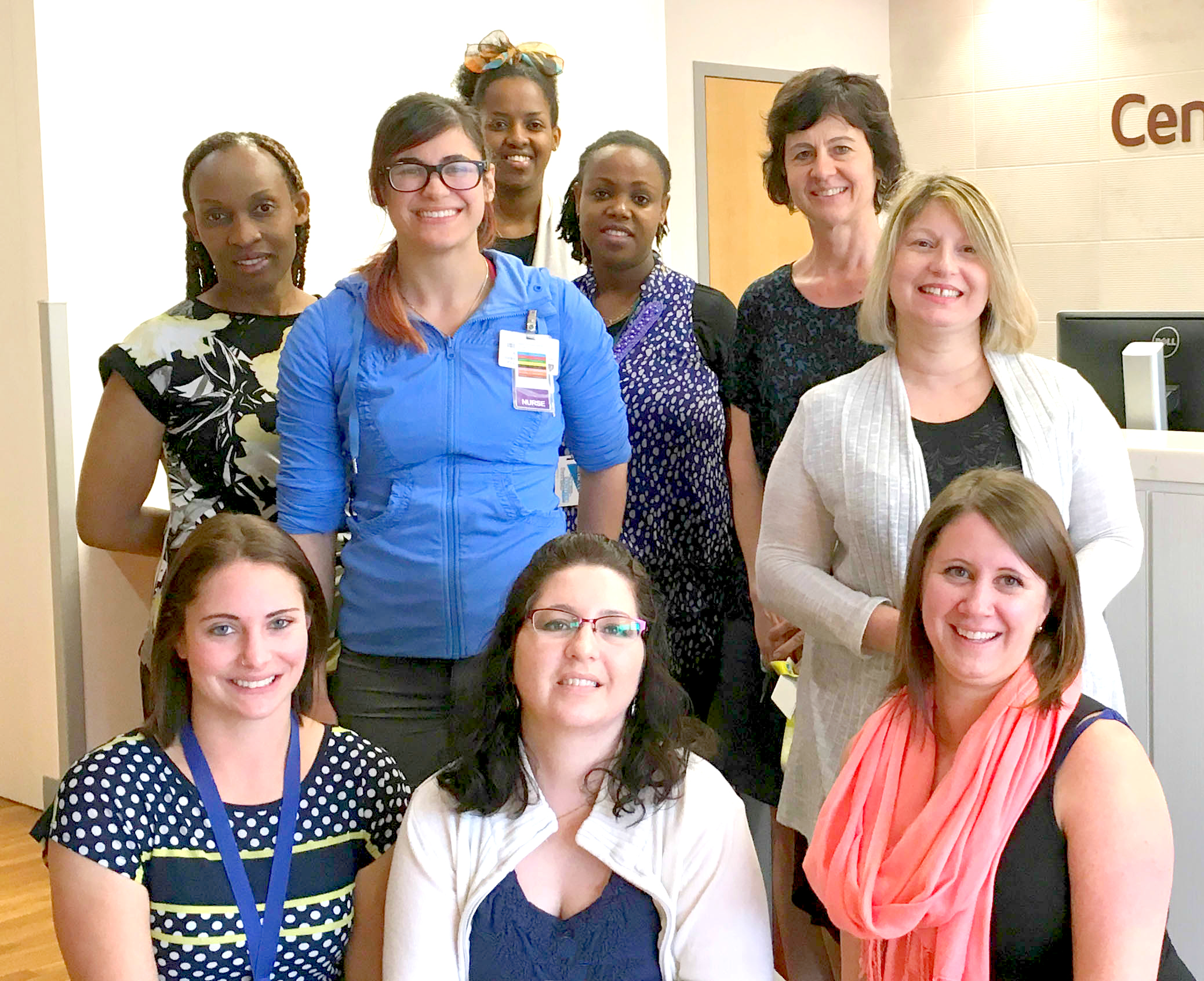The Centre de santé Saint-Boniface does it all

The Centre de santé Saint-Boniface takes patient-centred care seriously, with dedication to its French-speaking patients as well as the marginalized and vulnerable populations in its community. Located in Winnipeg, Manitoba, and currently serving approximately 7,000 patients, the Centre thoroughly reflects the goals of the Patient’s Medical Home (PMH) model.
Medical lead Dr. Julie Lévesque-Taylor points to the symbiotic relationship between patient-centred care and team-based care as a source of success.
“Our mandate is to serve the French-speaking population of Winnipeg and the St-Boniface community area residents, which provides the staff with a shared sense of purpose,” she says. “It attracts like-minded professionals who truly care about their defined practice population and provides a structure to allow them to advocate for their patients’ needs.”
The Centre is an urban teaching site for the bilingual stream of the University of Manitoba department of family medicine residency program, with several family physicians also teaching at the undergraduate level. The site provides clinical exposure rotations as well as more formal family medicine rotation to French-speaking medical students at every level. The Centre acts as a site for education, training, and research—one of the pillars of the PMH.
Focusing on both comprehensive care and education, the Centre includes physician assistants and nurse practitioner students in its training services.
“Every day, each family physician and nurse practitioner have two 15-minute blocks in their schedule to allow for ‘on the fly’ interdisciplinary consultation between primary care providers and the rest of the team of nurses, dieticians, mental health counsellors, primary care exercise specialists, clinical pharmacists, community development workers, and My Health Team clinicians,” says Dr. Lévesque-Taylor.
The diverse team keeps a steady eye on the needs of its community, Dr. Lévesque-Taylor notes, with the team surrounding the Centre’s primary care providers strategically spending time with community partners to identify gaps between care and patients needs.
“In the last two years, we have also sought to provide care to marginalized and vulnerable populations such as refugees, people living with physical and intellectual disabilities, and complex social issues such as homelessness, substance abuse, and mental health issues,” Dr. Lévesque-Taylor says. “We believe that our interdisciplinary group of professionals and funding model give us the support we need to address their often complex needs.”
Yet another PMH pillar the Centre emulates is Timely Access, using the Advanced Access model to provide timely care. Despite competing priorities and limited time, the team manages to provide continuity of care by collaborating with part-time physicians so patients have a second physician who can cover while the primary physician is unavailable. The Centre aims high, but they achieve so much thanks to a dedication to teamwork. On June 18, five staff members ran the Manitoba Marathon relay in support of persons living with a disability, and preceptors and residents gather four times a year for journal clubs.
“Being French-Canadian, there are always potlucks, pancake breakfasts served by the leadership team, and other food-related social events throughout the year” adds Dr. Lévesque-Taylor.

